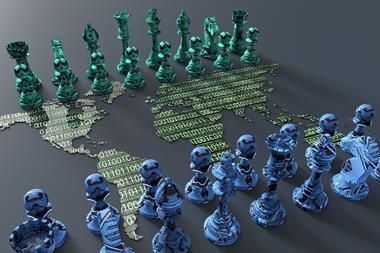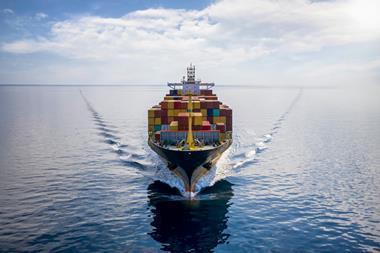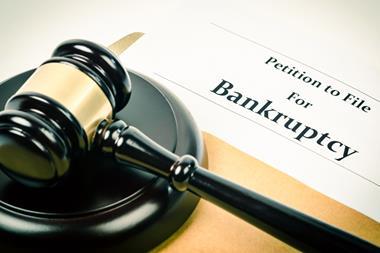As a new year dawns, we remain in the depths of a ’geopolitical recession’ warns Eurasia Group
The top ten geopolitical risks for the year ahead are dominated by ”a small group of individuals has amassed an extraordinary amount of power, making decisions of profound geopolitical consequence with limited information in opaque environments”. This is according to the latest risk report from Eurasia Group.
These developments are driving a disproportionate amount of the uncertainty in the world today, it warns, with Putin’s increasingly desperate actions at the top of the list of concerns.
“Nuclear saber-rattling by Moscow will intensify,” warn the report authors, Ian Bremmer president and Cliff Kupchan chairman at Eurasia. “Putin’s threats will become more explicit; he’s likely to move tactical nuclear weapons closer to Ukraine—and publicise it—and we could see an increase in the alert status of Russia’s nuclear arsenal.
“Russia will calibrate its nuclear threats, and direct nuclear use remains unlikely; Putin is as Armageddon-averse as Iran’s supreme leader. But the risk is clear: Nuclear signaling is easier said than done, and the potential for mutually assured destruction because of accidents and miscalculation will be higher in 2023 than at any time since the Cuban missile crisis in 1962.
“And unlike the height of the Cold War, Putin has no way to climb down or return to a pre-war status quo.”
The report’s top ten risks are:
- Risk 1: Rogue Russia
- Risk 2: Maximum Xi
- Risk 3: Weapons of Mass Disruption
- Risk 4: Inflation shockwaves
- Risk 5: Iran in a Corner
- Risk 6: Energy Crunch
- Risk 7: Arrested Global Development
- Risk 8: Divided States of America
- Risk 9: Tik Tok Boom
- Risk 10: Water Stress
“It is not the end of democracy (nor of NATO or the West),” continue Bremmer and Kupchan. ”But we remain in the depths of a geopolitical recession, with the risks this year the most dangerous we’ve encountered in the 25 years since we started Eurasia Group.”




















No comments yet